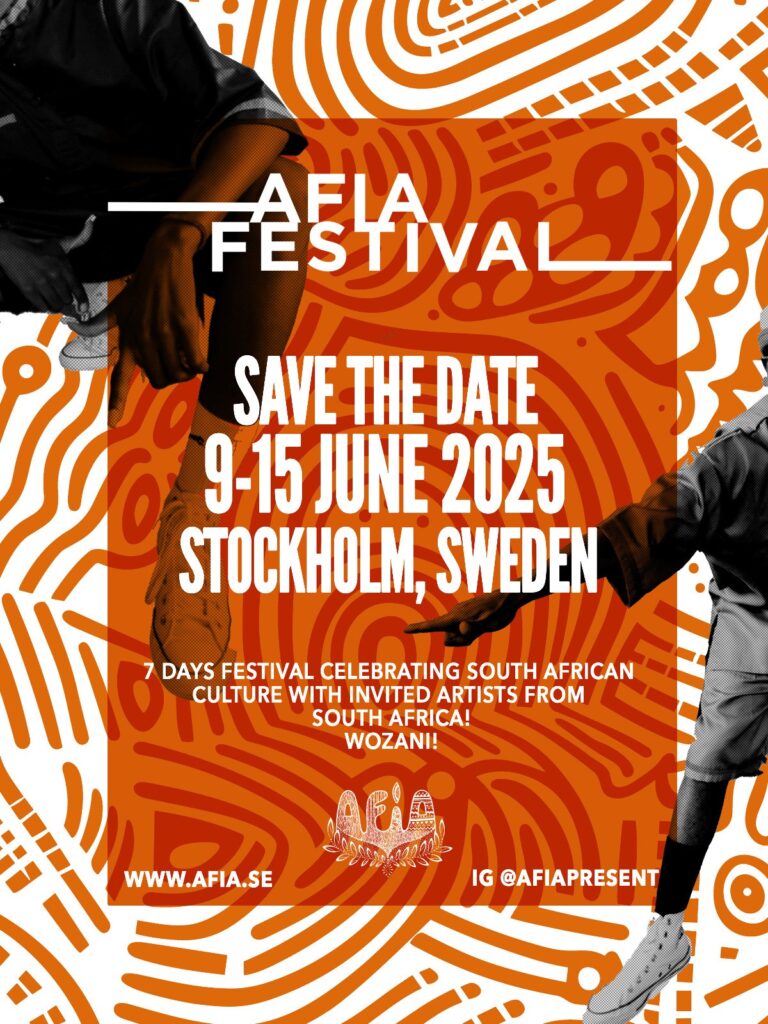Wamukelekile Umdansi!
“Let’s start with the meaning of the word PANTSULA. The word itself is derived from the Zulu word “Ukubhentsa”.
The word describes the movement of your pelvis going back and forth, and as you can notice that’s a common thing in almost all African dances, to use their waist.
Pantsula is not only a culture but a lifestyle that has different elements:
- Dance
- Dress Code
- Language
- Music
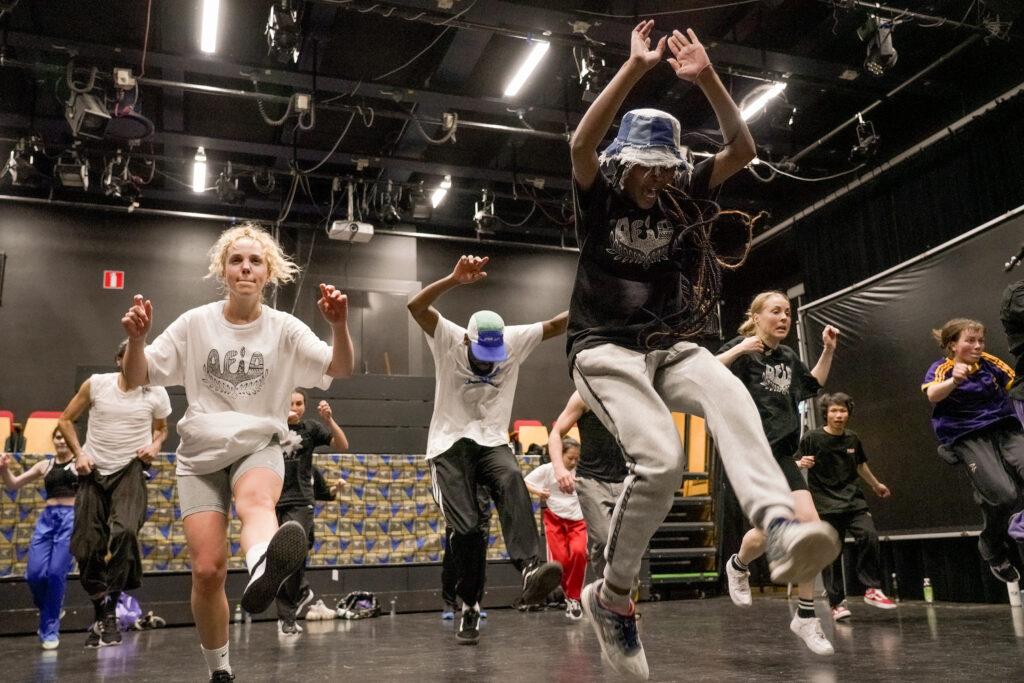
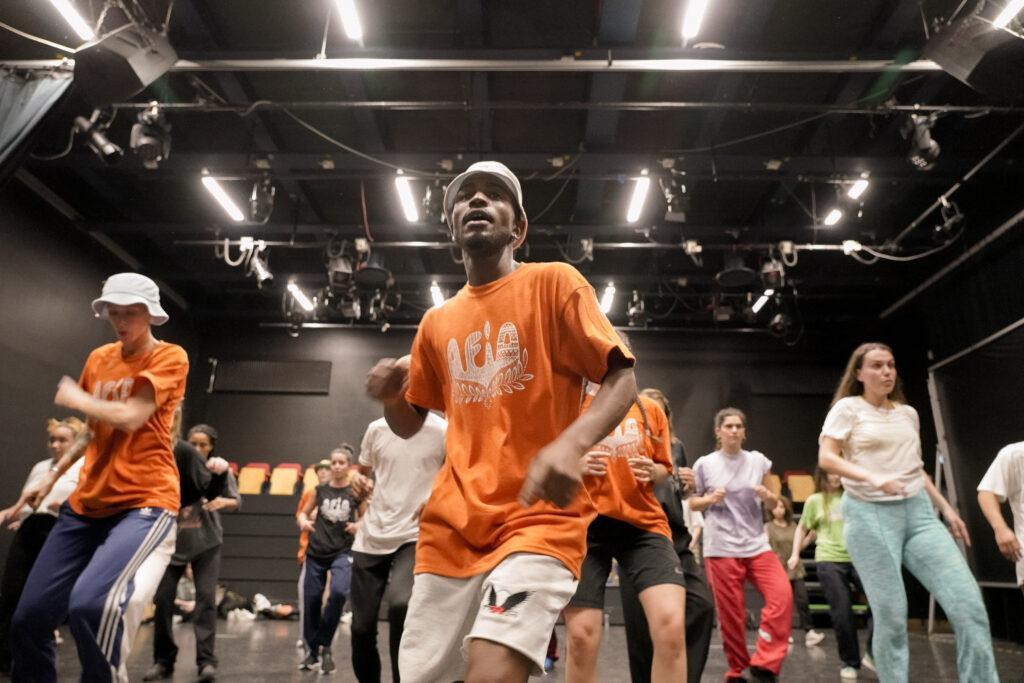
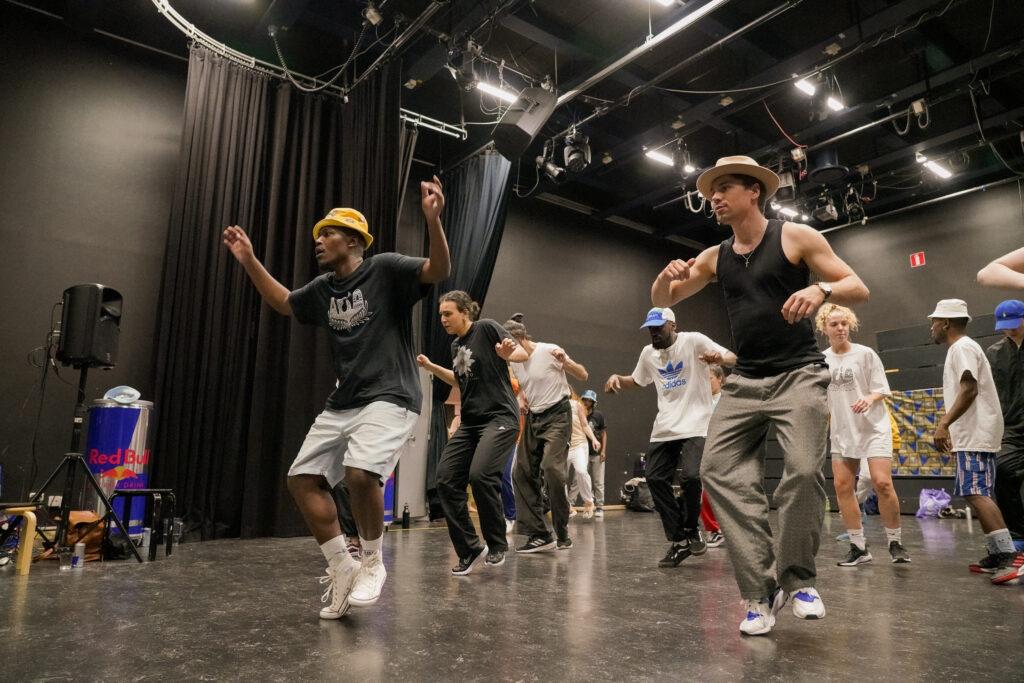
Here is some basic terminology:
Pantsula – The culture
isiPantsula – The dance form
iPantsula – Referring to a male dancer
Amapantsula – Referring to several male dancers
Umshoza – Referring to a female dancer
Abamshoza – Referring to several female dancers
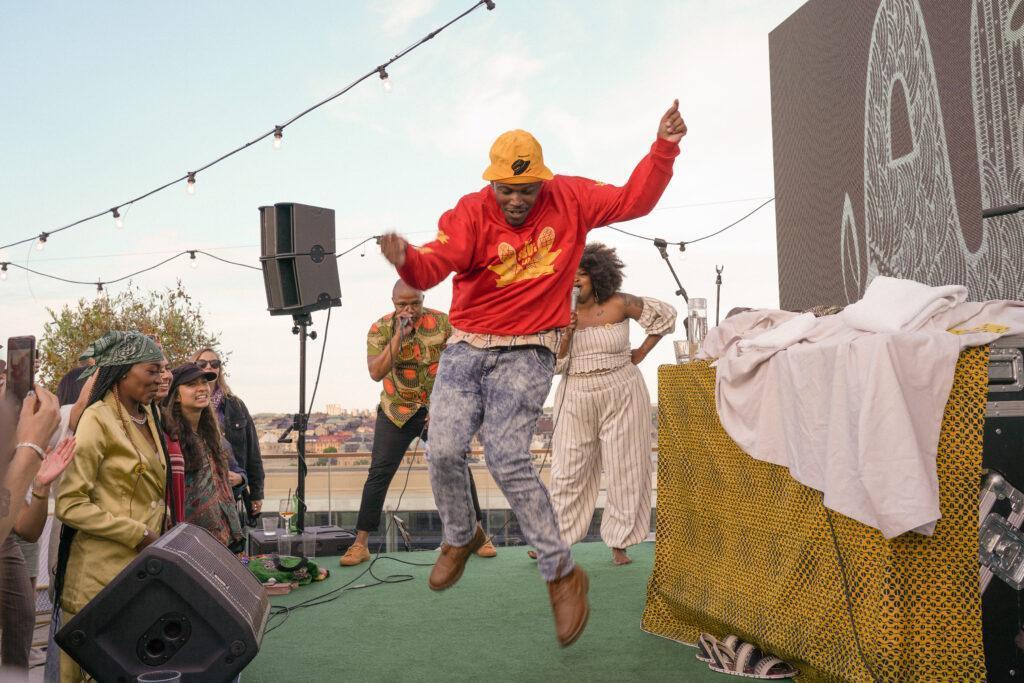
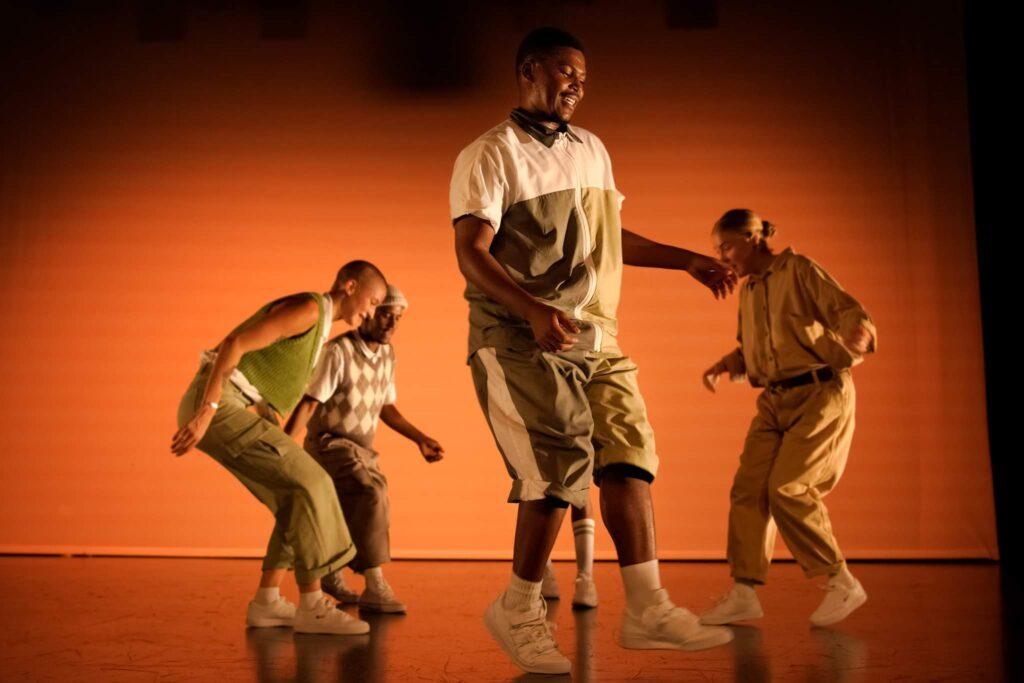
The Pantsula culture was established in the townships and according to my research dates back to the early 1960s.
Due to segregation, black people were not allowed to live in the city of Johannesburg and were forcefully moved into informal settlements on the outskirts of the city. This is how townships were formed. As you might know, South Africa has eleven different cultures and therefore also eleven different languages. Mix all these cultures and people in small spaces (townships), and a new culture is bound to be born, a culture that rebels against the system of segregation.
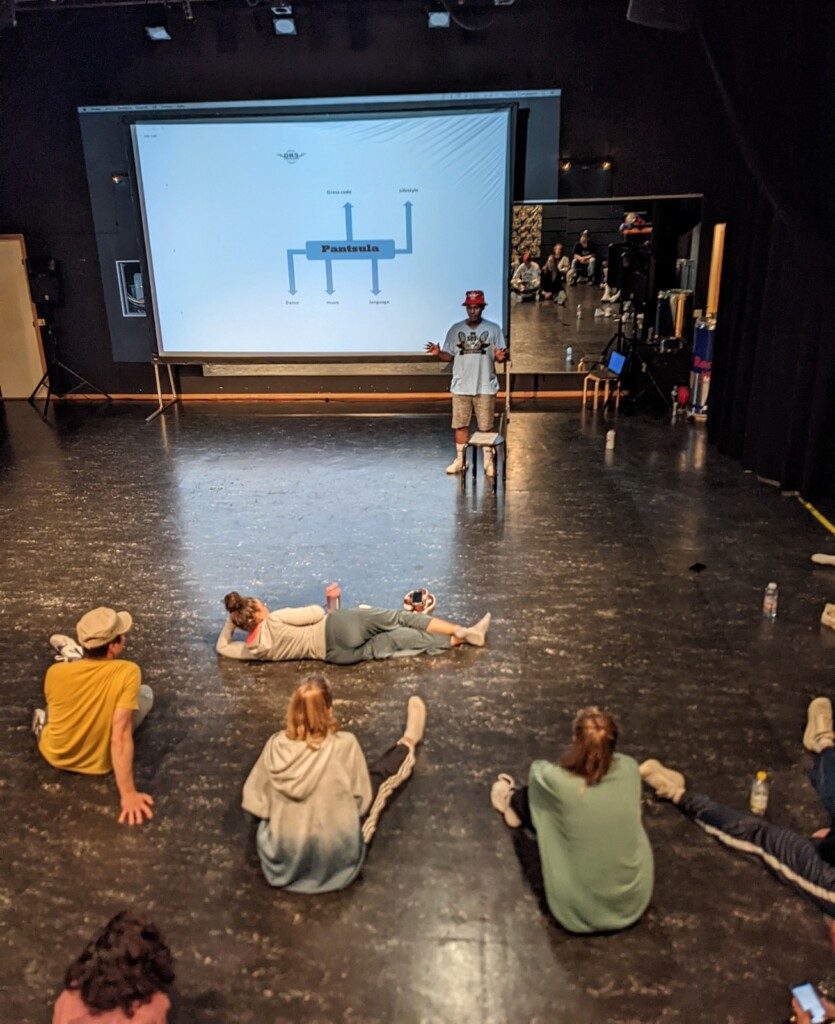
Lecture on Pantsula at AFIA Festival
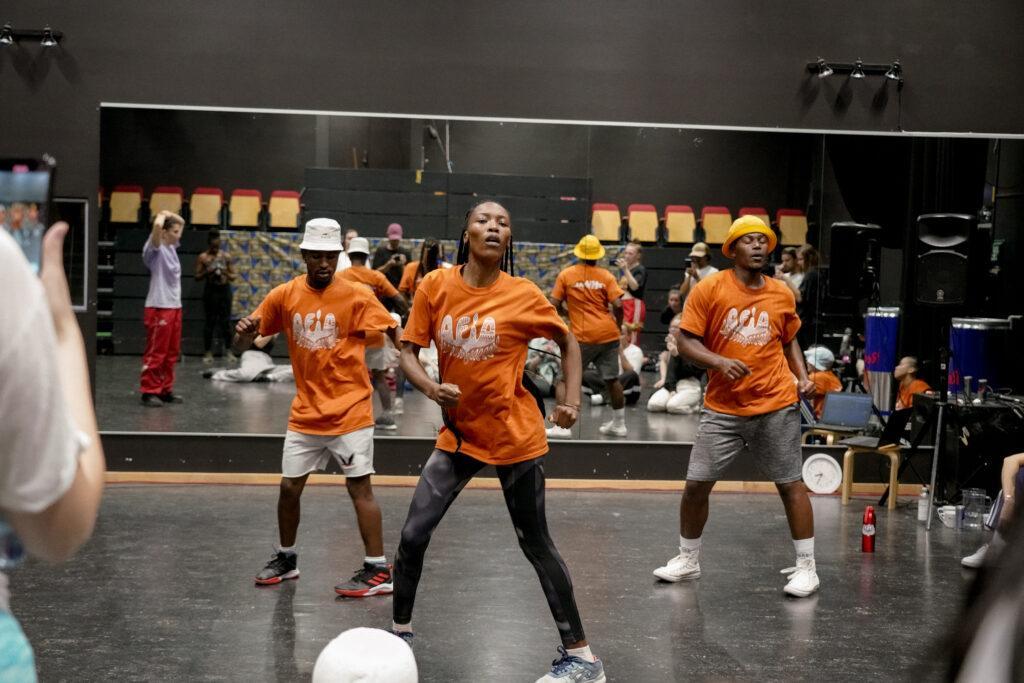
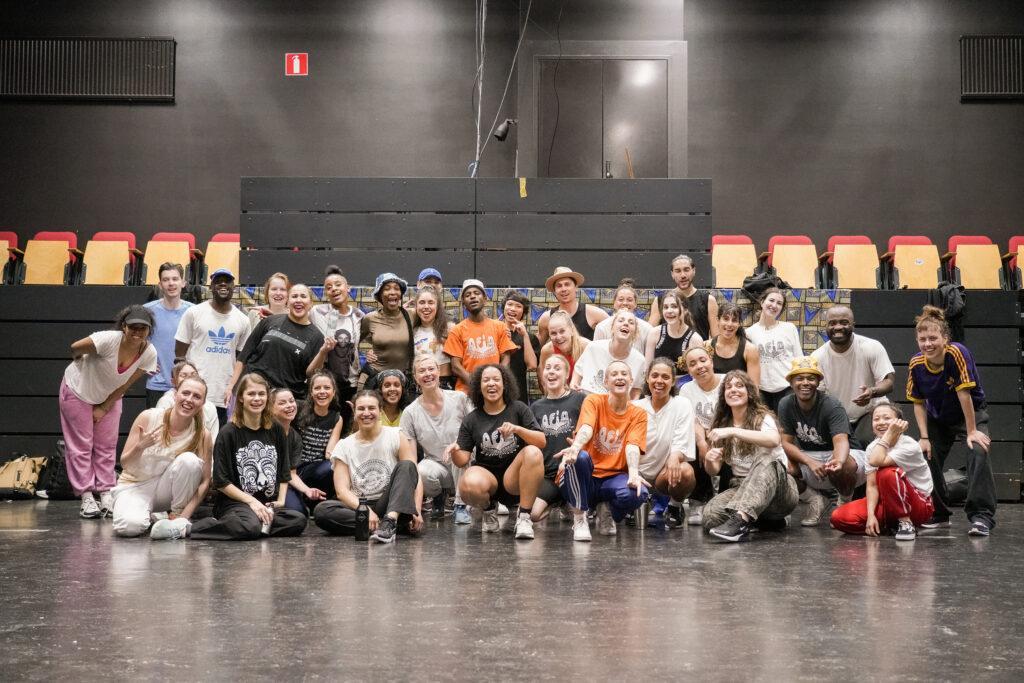
The Pantsula culture was established in the townships and according to my research dates back to the early 1960s.
Due to segregation, black people were not allowed to live in the city of Johannesburg and were forcefully moved into informal settlements on the outskirts of the city. This is how townships were formed. As you might know, South Africa has eleven different cultures and therefore also eleven different languages. Mix all these cultures and people in small spaces (townships), and a new culture is bound to be born, a culture that rebels against the system of segregation.
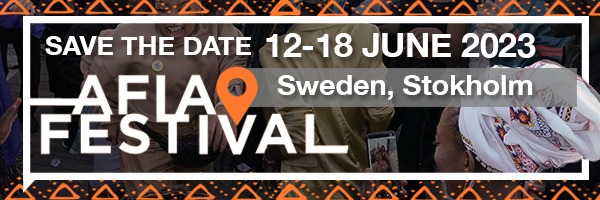
” I hope you enjoyed this brief history of Pantsula, that I prepared for you, which was incorporated at last year’s Afia Festival Workshop Lectures. Hopefully, I can get a chance to meet you this year at the 2023 Afia Festival. See you in June! “











